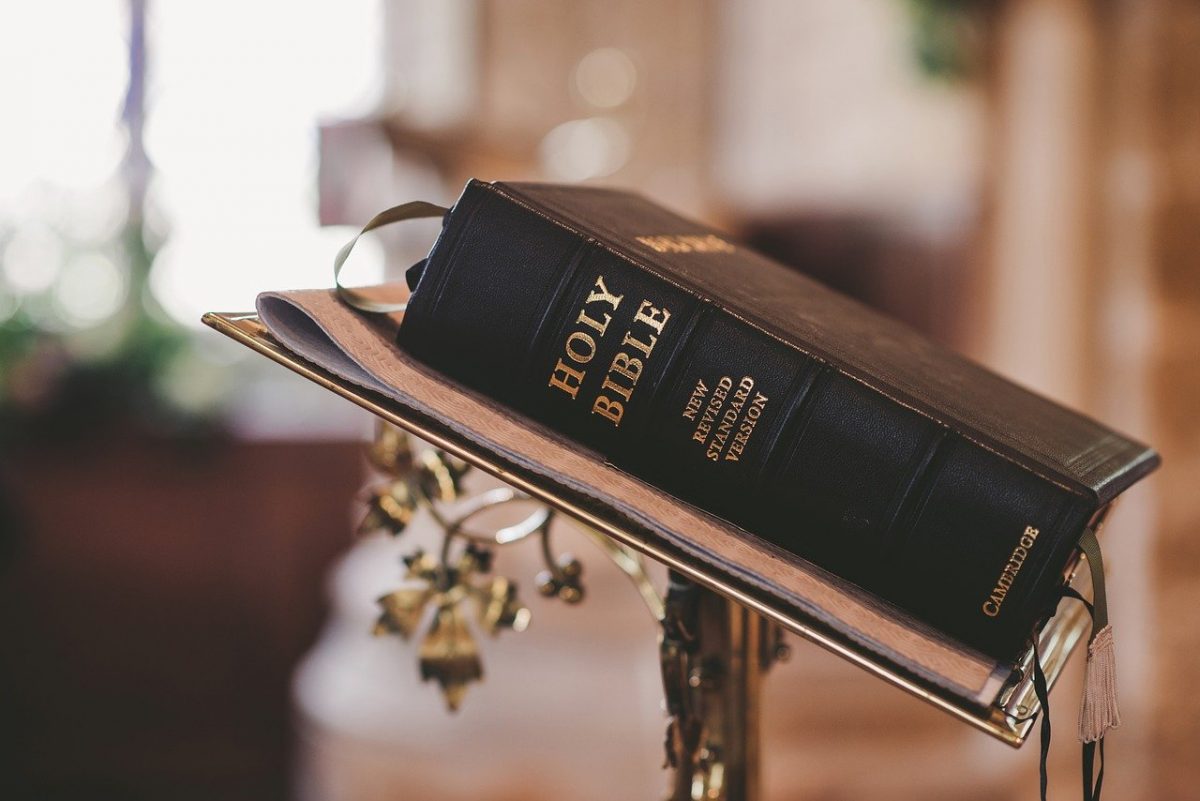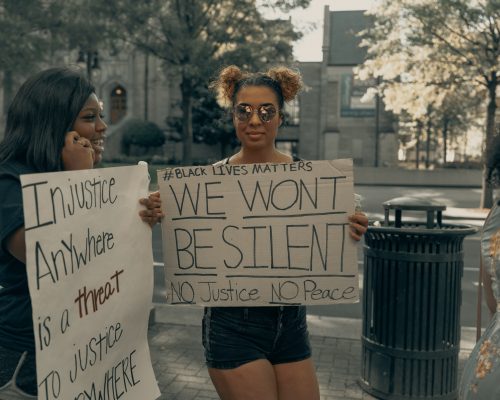It must be the season for movie reviews. Last week, I wrote about the Barbie movie. This week, it’s Sound of Freedom, a low-budget film inspired by the work of a former Homeland Security agent, Tim Ballard, in rescuing trafficked children.
I first heard about this film on social media. It caught my attention because the people talking about it had also embraced strange conspiracy narratives during the COVID-19 pandemic. I wondered what made them interested in Sound of Freedom. And so, last night, my eldest daughter, Georgia-Grace, and I watched the movie. She and I are writing this blog together.
What’s Good?
Angel Studios, distributor of Sound of Freedom (as well as The Chosen), is a streaming video company that was co-founded by brothers Neal and Jeffrey Harmon, who are members of The Church of Jesus Christ of Latter-day Saints (The Mormons). Angel Studio describes the movie’s intention of “starting the conversation on the horrors of human trafficking.” We’re sure you’d agree that awareness and conversation about modern slavery is a worthy goal, especially if that understanding leads to action.
According to the World 101 website, human trafficking comes in many shapes and sizes, harming adults and children in affluent and developing countries. Modern slavery affects an estimated 40.3 million people globally and earns traffickers at least US$150 billion annually, making it one of the world’s most profitable crimes.
Human trafficking is the trapping and exploitation of a person using deception, violence, or coercion. It’s about forcing people to do something against their will: forced labour (which includes sex trafficking), forced marriage, and forced organ removal are the primary forms of slavery today. It’s estimated that 4.8 million people are forced into sexual exploitation (about a third of these are children). This is the focus of Sound of Freedom, which portrays one type of modern slavery. We encourage you to read the World 101 article to educate yourself on the other kinds.
Be Aware
Sound of Freedom is “Based on a true story,” which is the producer advising you that some of what you’re about to see is untrue. Angel Studios published a blog post on its website acknowledging that some of Ballard’s biographical details were altered and that the film “took creative liberties in depicting the different methods of child trafficking.”
If you watch this movie, be aware that it portrays some incorrect and misleading depictions of trafficking. The average victim is an adult woman. Women and children are more likely to be trafficked by family than strangers, primarily due to poverty. Places with lower levels of birth control and higher poverty rates lead to more children that parents cannot care for. Most child trafficking victims know and trust their traffickers. They are not kidnapped by shadowy strangers off street corners. Less than 10% of child trafficking cases involved kidnapping.
Other causes of modern slavery include conflict, political instability, and forced displacement. Transformations in the world of work, climate change, and migration increase the vulnerability of many people to exploitation by others. To combat slavery, all of these issues need to be addressed. It is not as naïve as the one-person rescue mission portrayed in Sound of Freedom.
Who is Tim Ballard?
Tim is a member of The Church of Jesus Christ of Latter-day Saints. He and his wife, Katherine, live in Utah and have nine children, two of whom were adopted from a sting operation in Haiti. Tim founded Operation Underground Railroad (O.U.R.) in 2013 but stepped away from the organisation this year after an internal investigation into claims made against him by multiple employees. In July 2023, Ballard left his CEO position at O.U.R. Matt Osborne is the current President and COO.
Ballard has also left The Nazarene Fund, the anti-trafficking organisation founded by Glenn Beck, where Ballard was also CEO. Neither non-profit has explained when or why Ballard went.
By 2021, O.U.R. netted US$47 million, and Ballard’s annual income was over US$500,000 plus expenses. O.U.R., on average, had ten to twenty years of operating expenses in reserve. CharityWatch has downgraded its rating to a question mark (?) and issued multiple cautions about the non-profit. American Crime Journal has covered this extensively. Investigative journalist Lynn Kenneth Packer has also fact-checked the storyline in Sound of Freedom and shows the narrative is riddled with falsehoods. Packer describes the film as “pure fiction.”
Conspiracists
The people who embraced the conspiracy narratives during the Pandemic are also vocal about the Sound of Freedom. Why? It’s probably because of the subject matter and the connection of paedophiles to the QAnon hoax.
QAnon is a baseless internet conspiracy that declares a group of Satan-worshiping elites run a child sex ring and are trying to control our politics (Deep State) and media. In addition to molesting children, members of this group kill and eat their victims to extract a life-extending chemical called adrenochrome.
Key people affiliated with The Sound of Freedom have promoted these beliefs. Angel Studios denies any connection to conspiracy theories or politics, but in recent interviews, Tim Ballard and Jim Caviezel have defended the adrenochrome harvesting theory.
In one showing of Sound of Freedom, a Fire alarm went off in a movie theatre, “proving” to conspiracy-inclined people that “they” don’t want you to see the movie.
Concerning
Sound of Freedom has been subject to criticism from anti-trafficking experts, many of whom claim it is an inaccurate depiction of child trafficking and that the tactics espoused in the film may put trafficked kids in danger because most trafficking does not look like it does in the movie.
Also concerning is the character Vampiro, who admits to assaulting a 14-year-old in the film, something he did not do. It’s a confronting and creepy thing to put in the movie, especially as it is untrue and adds nothing to the story. Ministry Watch warns that some of O.U.R.’s tactics drive demand for trafficking. They are making an awful situation even worse by their methods.
Then, one of the film’s many investors, Fabian Marta, was arrested on 23 July this year and charged as an accessory for child kidnapping in the US state of Missouri. While the case details are not public, this charge carries a penalty of 10 to 30 years or life imprisonment.
Trafficking is Real
Whatever you make of this film, it is good that people are aware and talking about modern-day slavery. Let’s hope their anger turns to action and not just donate money so others can see the movie. Excellent not-for-profit organisations are working in this space without all the hullaballoo. Together, they have released a combined statement addressing their thoughts on Sound of Freedom. It is well worth reading.
If you are passionate about genuinely helping the victims of modern slavery, we encourage you to check out these reputable groups:
International Justice Mission.
The 360 Blog outlines seven more organisations that fight human trafficking and support survivors of these crimes.
End Slavery Now has an antislavery directory to find organisations where you can get involved in the fight against modern-day slavery and human trafficking.






